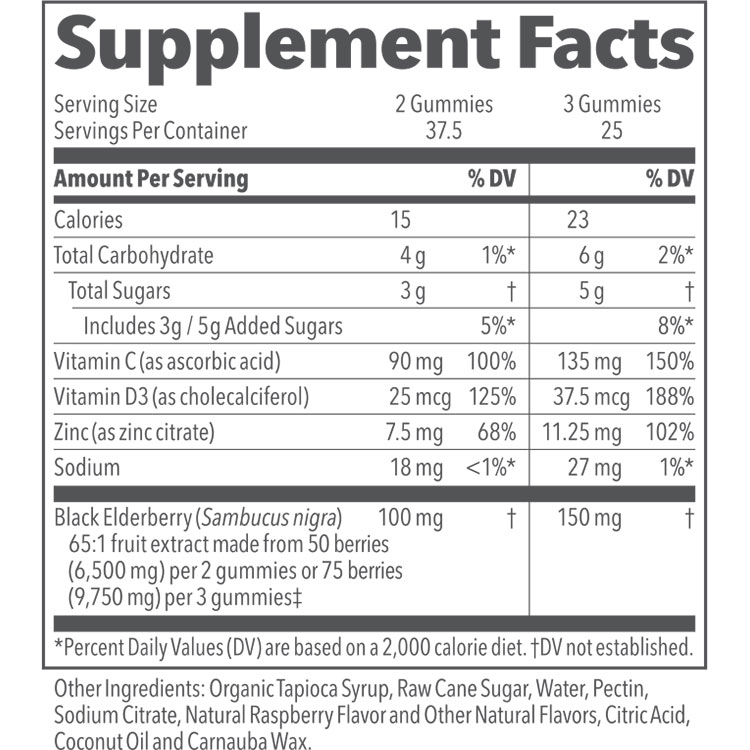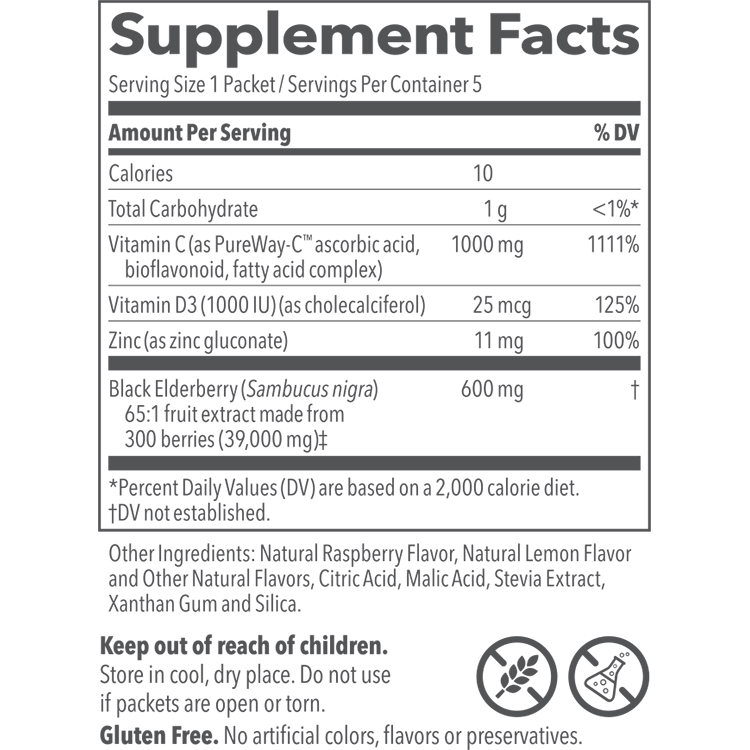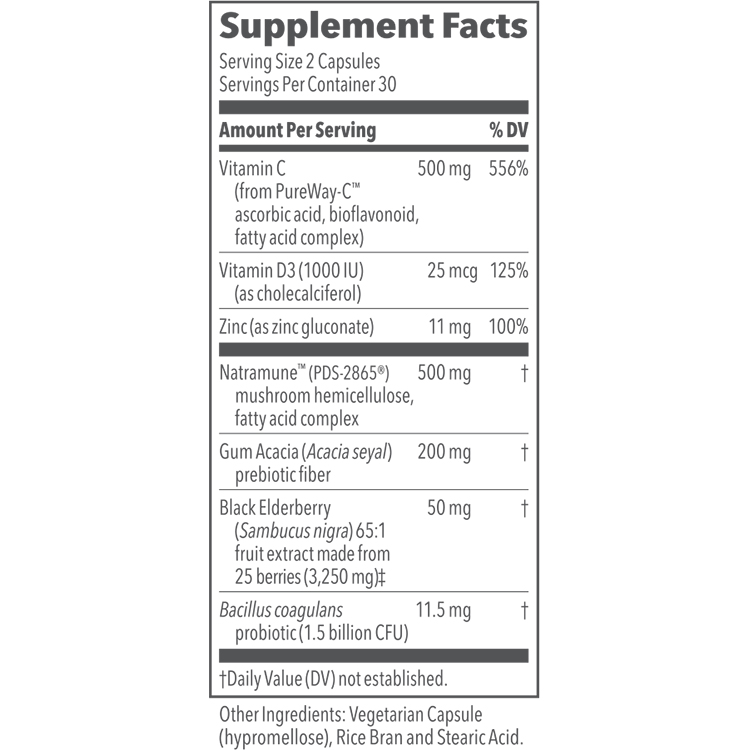Studies on Stress and the Gut:
There is “a well-established link between stress, mood disorders, and gastrointestinal disease” (1,2) and some studies have indicated that stress may be associated with the onset of certain chronic gastrointestinal problems (3,4,5,6). With this in mind, it may be of interest to note that there is a randomized, double-blind, placebo-controlled trial that investigated the effects of a combined R0052 + R0175 probiotic on symptoms relating to stress. In this study, participants consumed a mixture of the two probiotics (consisting of a combined 3×109 CFUs) once a day for 3 weeks. At the end of the study, the probiotic group showed significantly reduced self-reported gastrointestinal symptoms (abdominal pain and nausea/vomiting) compared to the placebo group. There were no significant differences, however, in other stress-related physical or psychological symptoms between the two groups (7). This was a relatively small study and additional studies with more participants are needed to further validate these findings.
A second randomized, double-blind, placebo-controlled study on the same mixture looked at the psychological effects of consumption for a longer period of time. In this study, 55 participants took 3×109 CFUs of the probiotic product or a placebo for 30 days. Psychological distress was measured via three different surveys and a urine cortisol test. Median scores on two of those surveys were significantly improved in the probiotic group compared to placebo at the end of the study. Changes in subscores relating to depression, anger-hostility, and anxiety, and the physical symptoms of stress were particularly pronounced. Urine cortisol levels also decreased in the probiotic group over the course of the study while they stayed about the same in the placebo group. Changes in Percieved Stress Scale test scores were not significantly different between the two groups. The authors of this study point out a need for additional trials that rely on physiological markers of stress in addition to surveys. They also touch upon the need for extended trials to look at the effects of these strains over longer periods of time (1).
While these results are compelling it should be noted that even though there is an association between stress and gastrointestinal issues a correlation has not been established between stress and specific gastrointestinal conditions.
Studies in People with IBS:
There are not currently any published scientific studies on the effects of Lactobacillus helveticus R0052 alone or in combination with Bifidobacterium longum R0175 in people with IBS.
Other Studies Relating to the Gut:
While there are other studies reporting on the gastrointestinal effects of Lactobacillus heleveticus R0052, these studies use unique multi-strain mixtures. The effect of these mixtures may be due to the synergistic actions of the strains or to individual strains. Caution should be taken, therefore, assuming that R0052 alone or that R0052 combined with just R0175 will have these same effects (8,9,10,11,12,13,14).
REFERENCES
- Messaoudi M, et al. Assessment of psychotropic-like properties of a probiotic formulation (Lactobacillus helveticus R0052 and Bifidobacterium longum R0175) in rats and human subjects. Brit J of Nutr. 2011;105(5):755-764. doi:10.1017/S0007114510004319.
- Forsythe P, Sudo N, Dinan T, et al. Mood and gut feelings. Brain Behav Immun. 2010;24:9-16. doi:10.1016/j.bbi.2009.05.058.
- Lutgendorff F, Akkermans LM, Soderholm JD. The role of microbiota and probiotics in stress-induced gastrointestinal damage. Curr Mol Med. 2008;8:282-298. doi:10.2174/156652408784533779.
- Duffy LC, Zielezny MA, Marshall JR, et al. Relevance of major stress events as an indicator of disease activity prevalence in inflammatory bowel disease. Behav Med. 1991;17:101-110. doi:10.1080/08964289.1991.9937553.
- Garrett VD, Brantley PJ, Jones G, et al. The relationship between daily stress and Crohn’s disease. J Behav Med. 1991;14:87-96.
- Greene B and Blanchard EB. Cognitive therapy for irritable bowel syndrome. J Consult Clin Psychol. 1994;62:576-582.
- Diop L, Guillou S, Durand H. Probiotic food supplement reduces stress-induced gastrointestinal symptoms in volunteers: a double-blind, placebo-controlled, randomized trial. Nutr Res. 2008;28(1):1-5. doi:10.1016/j.nutres.2007.10.001.
- Ten Bruggencate Sj, Girard SA, Floris-Vollenbroek EG, Bhardwaj R, Tompkins TA. The effect of a multi-strain probiotic on the resistance toward Escherichia coli challenge in a randomized, placebo-controlled, double-blind intervention study. Eur J Clin Nutr. 2015;69(3):385-395. doi:10.1038/ejcn.2014.238.
- Evans M, Salewski RP, Christman MC, Girard SA, Tompkins TA. Effectiveness of Lactobacillus helveticus and Lactobacillus rhamnosus for the management of antibiotic-associated diarrhoea in healthy adults: a randomised double-blind placebo-controlled trial. Brit J of Nutr. 2016;116(1):94-103. doi:10.1017/S0007114516001665.
- Hegar B, Waspada IM, Gunardi H, Vandenplas Y. A double blind randomized trial showing probiotics to be ineffective in acute diarrhea in Indonesian children. Indian J Pediatr. 2015;82(5):410-414. doi:10.1007/s12098-014-1408-5.
- Grgov S, Tasic T, Radovanoviv-Dinic B, Benedeto-Stojanov D. Can probiotics improve efficiency and safety profile of triple Helicobacter pylori eradication therapy? A prospective randomized study. Vojnosanit Prejl. 2016;73(11):1044-149. doi:2298/VSP150415127G.
- Song HJ, Kim JY, Jung SA, et al. Effect of probiotic Lactobacillus (Lacidofil® Cap) for the prevention of antibiotic-associated diarrhea: a prospective randomized double-blind multicenter study. J Korean Med Sci. 2010;25(12):1784-1791. doi:10.3346/jkms.2010.25.12.1784.
- Benes Z, et al. Lacidofil (Lb. acidophilus rosell-52 and Lb. rhamnosus rosell-11) alleviates the symptoms of IBS. Nutrafoods. 2006;5(1):20-27.
- Simadibrata M, Ndraha S, Tedjjasaputra R, et al. Revealing the effect of probiotic combination: Lactobacillus rhamnosus and Lactobacillus acidophilus (Lacidofil®) on acute diarrhea in adult patients. J of Clin Med and Res. 2013;5(2):23-28. doi:10.5897/JCMR12.014.




